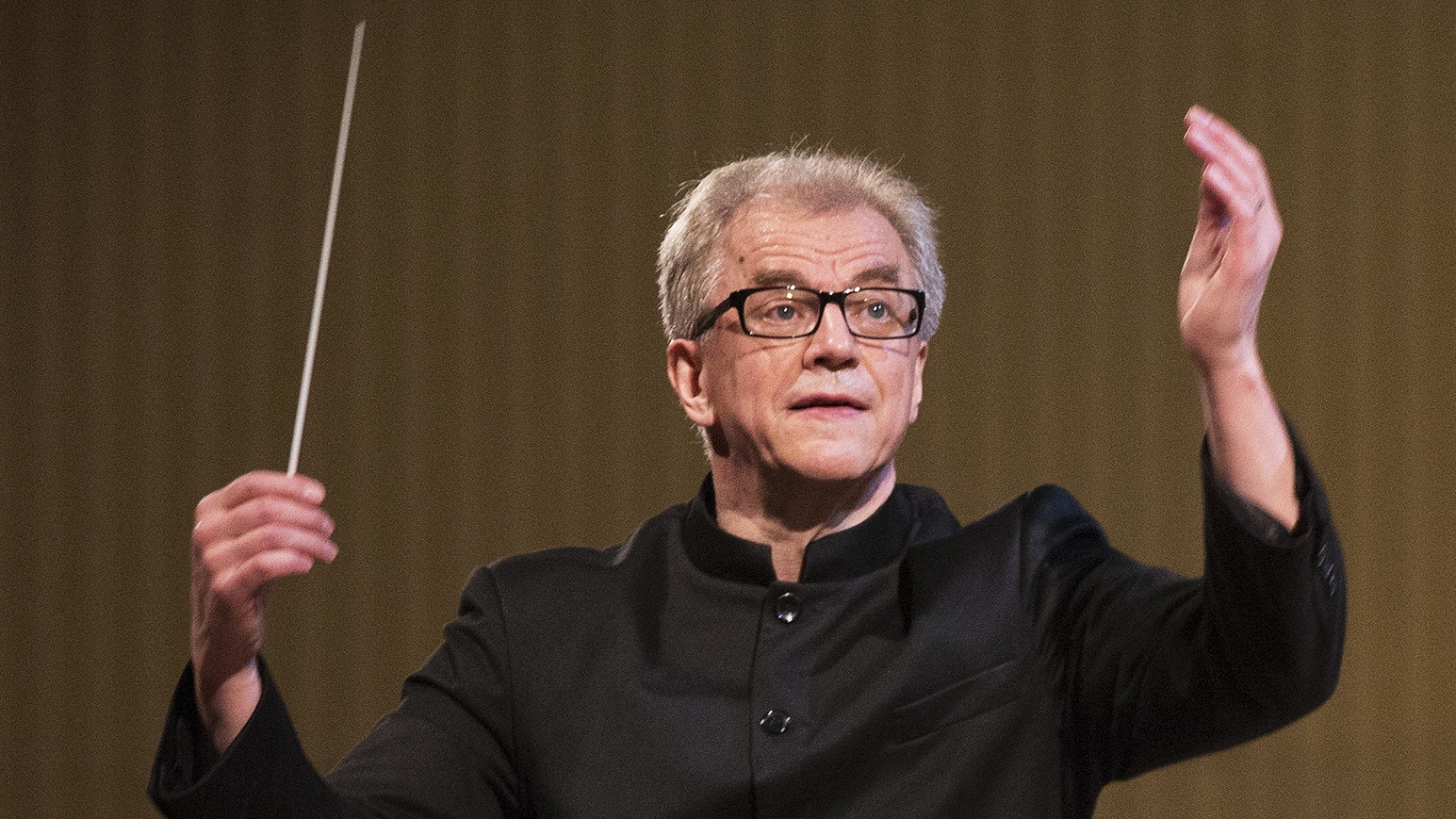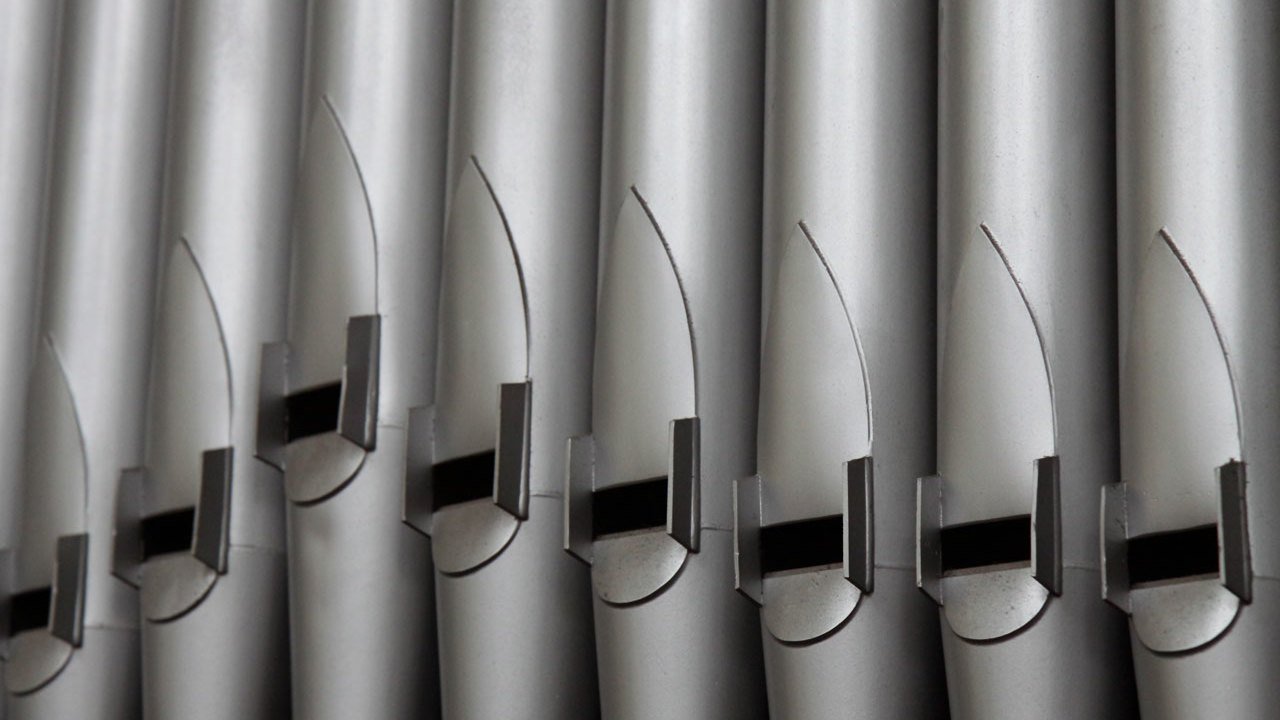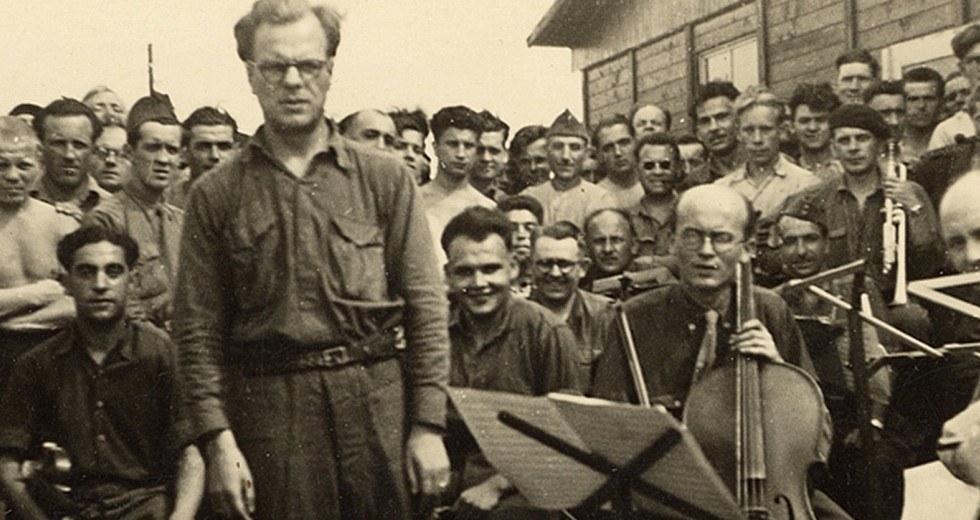New Release: Mahler’s Sixth Symphony, Osmo Vänskä and the Minnesota Orchestra
A spectacular new hybrid SACD recording of Mahler’s Sixth Symphony, featuring Osmo Vänskä and the Minnesota Orchestra, came out earlier this month on the Swedish label, BIS Records. This is the second installment in a project which will include the complete cycle of Mahler Symphonies. (The Fifth Symphony was released last July). Vänskä and the Minnesota Orchestra have already recorded the complete symphonies of Beethoven and Sibelius. The hybrid recording technology attempts to capture …







